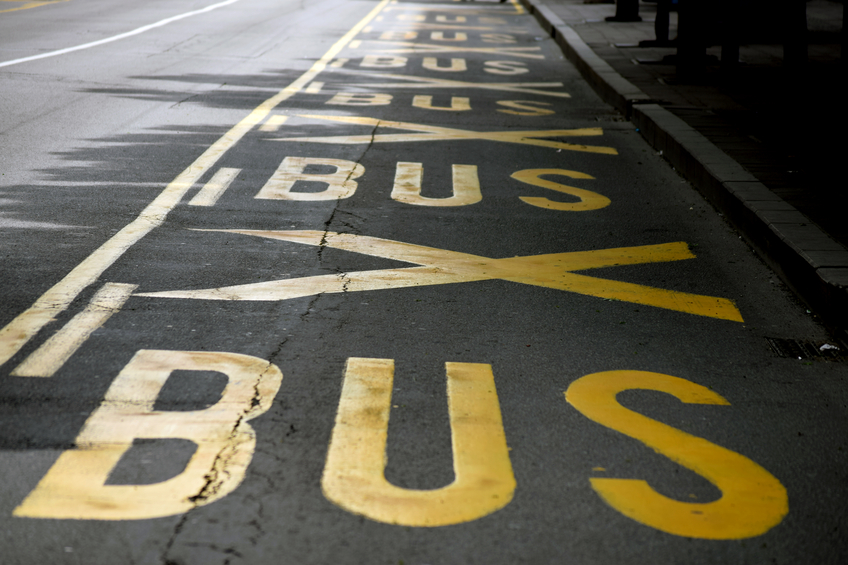Virginia Transportation 16 PDH Discount Package 3
Road Diet Informational Guide (C04-061)
Traffic Bottlenecks Operational Improvements (C06-018)

This online engineering PDH course provides information on the best methods and practices for cross agency collaboration and the integration of weather information into daily transportation operations.
Weather has a significant impact on the operations of the nation’s roadway system year round. To help improve weather impacts on our roadways, the Federal Highway Administration (FHWA), Road Weather Management Program (RWMP), and the National Oceanic and Atmospheric Administration’s (NOAA’s) National Weather Service (NWS) have been working together to document the state-of-the-practice and working relationships between State Departments of Transportation (DOTs) and the weather enterprise.
The Pathfinder project was initiated to document current State DOT interactions and working relationships with the weather enterprise (both NWS and private sector). The team documented best practices across the agencies to disseminate consistent messages about the weather and its impact on the roads.
This 6 PDH online course is applicable to transportation engineers and traffic managers who are interested in learning more about the impact of weather on roadway systems and the best methods for improving the collaboration between State DOTs and the weather enterprise.
This PE continuing education course is intended to provide you with the following specific knowledge and skills:
- Familiarizing with the impact of weather on the nation’s roadway system
- Familiarizing with the Pathfinder project, its background and the related concepts
- Learning about applying road weather forecasting in a State
- Understanding the weather impact on safety, mobility and productivity
- Exploring collaborative partnerships and relationships between the State and weather enterprise
Upon successful completion of the quiz, print your Certificate of Completion instantly. (Note: if you are paying by check or money order, you will be able to print it after we receive your payment.) For your convenience, we will also email it to you. Please note that you can log in to your account at any time to access and print your Certificate of Completion.

This online engineering PDH course provides information on the design and post-implementation evaluation of Road Diets, and presents the decision-making process that helps practitioners determine whether Road Diets are a good fit for a certain corridor.
Four-lane undivided highways have a history of relatively high crash rates as traffic volumes increase and as the inside lane is shared by higher speed through traffic and left-turning vehicles. One option for addressing this safety concern is a “Road Diet.” A Road Diet involves converting an existing four-lane undivided roadway segment to a three-lane segment consisting of two through lanes and a center two-way left-turn lane (TWLTL). The reduction of lanes allows the roadway cross section to be reallocated for other uses such as bike lanes, pedestrian refuge islands, transit stops, or parking.
A Road Diet improves safety by including a protected left-turn lane for mid-block left-turning motorists, reducing crossing distance for pedestrians, and reducing travel speeds that decrease crash severity. Additionally, the Road Diet provides an opportunity to allocate excess roadway width to other purposes, including bicycle lanes, on-street parking, or transit stops.
This 4 PDH online course is applicable to transportation engineers who are interested in improving safety and reducing highway fatalities through the use of proven safety countermeasures including Road Diets.
This PE continuing education course is intended to provide you with the following specific knowledge and skills:
- Familiarizing with the basics of Road Diets
- Understanding the multidimensional benefits of Road Diets
- Learning about the geometric and operational designs of Road Diets
- Gaining a general overview on how to conduct a safety and an operational analysis to determine if the Road Diet is effective
- Exploring various case studies on feasibility determination decision-making
Upon successful completion of the quiz, print your Certificate of Completion instantly. (Note: if you are paying by check or money order, you will be able to print it after we receive your payment.) For your convenience, we will also email it to you. Please note that you can log in to your account at any time to access and print your Certificate of Completion.

This online engineering PDH course describes bottlenecks and explores near-term operational and low-cost construction opportunities to correct them.
Delays due to traffic congestion seem like an unavoidable, frustrating fact of life. Or are they—unavoidable, that is? This course focuses on traffic congestion caused by bottlenecks—which are specific locations on the highway system where the physical layout of the roadway routinely cannot process the traffic that wants to use it and results in localized, recurring congestion.
By focusing on relieving localized, recurring congestion at bottlenecks, this primer can help agencies identify the right fix for a particular bottleneck. What’s more, the right fix for a localized, recurring bottleneck is usually spot-specific, more effective, less expensive, and faster to implement than building a new facility.
This 6 PDH online course is applicable to traffic engineers and planners, conceptual and detail designers, and other technical professionals who are interested in gaining a better understanding in traffic bottlenecks operational improvements.
This PE continuing education course is intended to provide you with the following specific knowledge and skills:
- Understanding bottlenecks and congestion
- Learning about the different strategies of resolving congestion
- Knowing how to structure a localized bottleneck program
- Identifying, assessing and addressing bottlenecks
- Incorporating quick-fix bottleneck solutions into the Congestion Initiative
- Understanding how agencies are dealing with bottlenecks (case studies)
Upon successful completion of the quiz, print your Certificate of Completion instantly. (Note: if you are paying by check or money order, you will be able to print it after we receive your payment.) For your convenience, we will also email it to you. Please note that you can log in to your account at any time to access and print your Certificate of Completion.